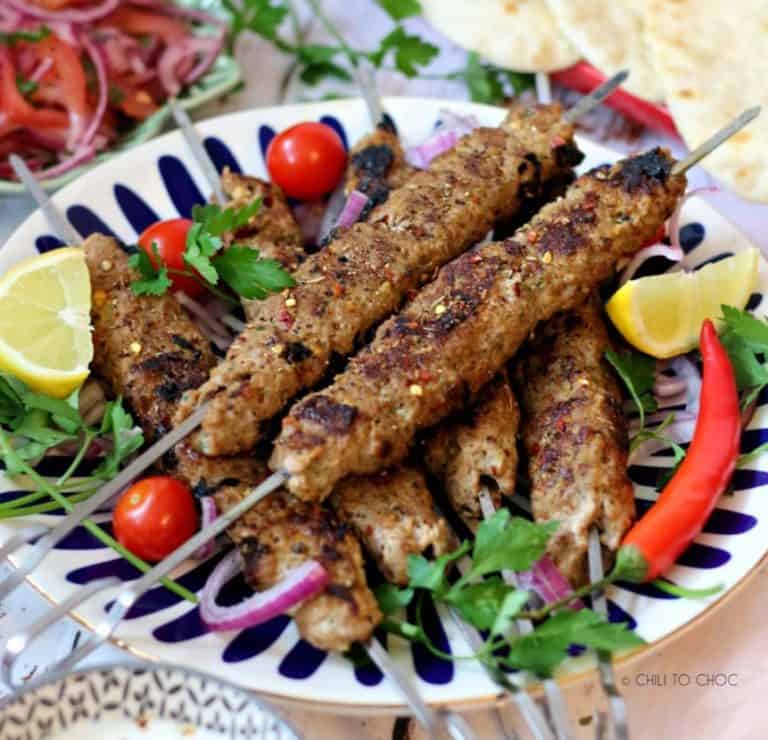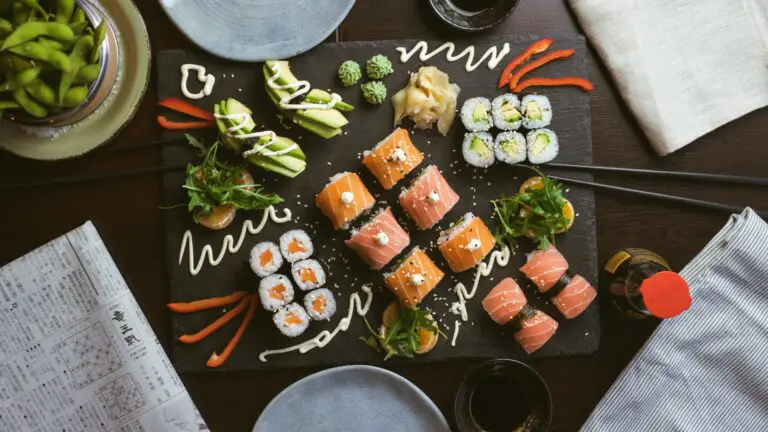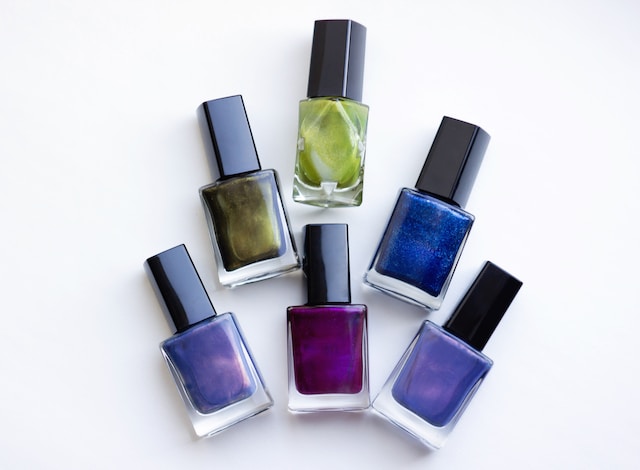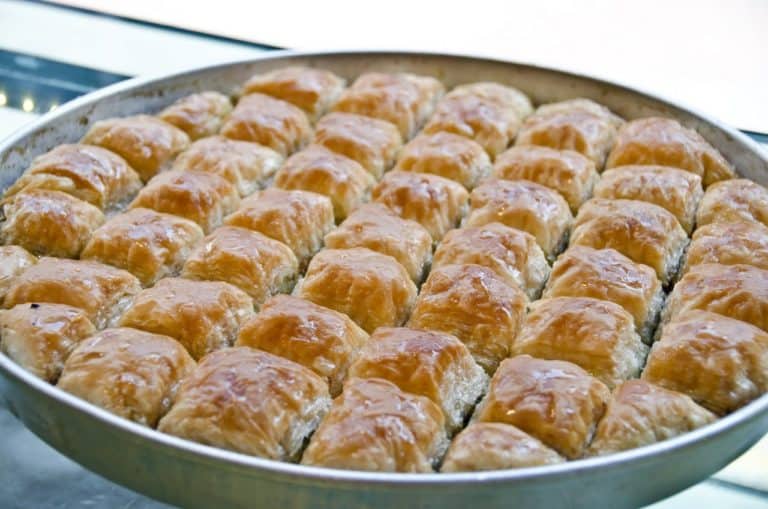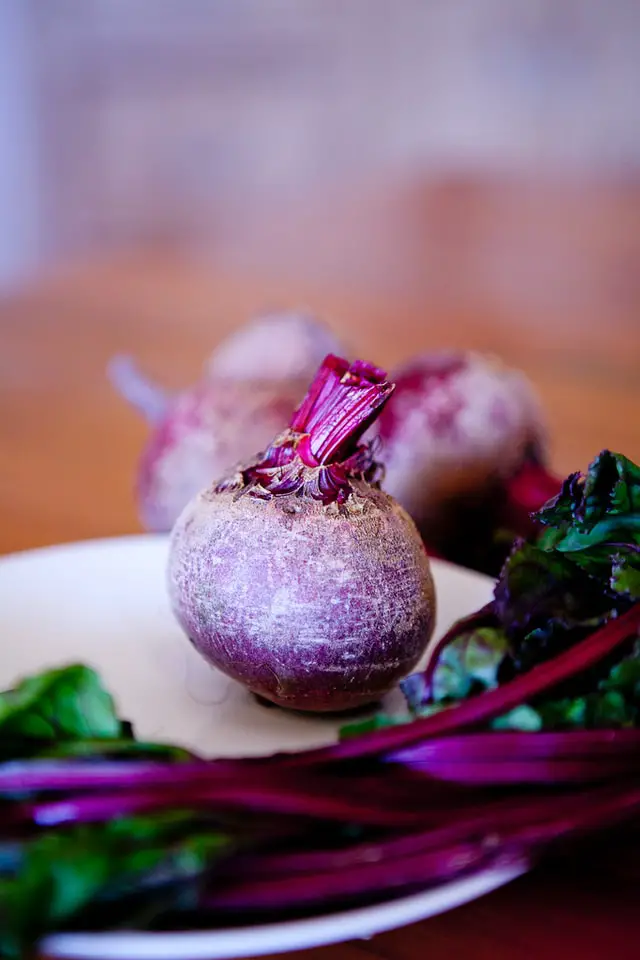Can bodybuilding foods affect testosterone?
Youths are rushing behind bodybuilding foods, herbs, remedies, and workouts. The problem behind many foods or “natural” herbs is that they are “natural”, which by default, switches your mental alarms off. You simply think that they have no harm since they are natural.
Consuming some foods in certain quantities may harm your body. Remember that nearly all medicines or poisons are derived from “natural” plant origins.
Some foods that bodybuilders consume in great quantities affect testosterone levels, either positively or negatively. Awareness about this fact is important to avoid the possible “side effects”, and even try to overcome negative effects by eating foods with a positive effect.
If you are interested, you may explore our product, two e-books that will help you with your fitness journey.
WikiYummies 2 in 1 PowerPack
Unlock Your Fitness Potential with WikiYummies 2 in 1 PowerPack Are you struggling to see results from your workout program? Here’s why it may be failing: WikiYummies 2 in 1 PowerPack offers you TWO eBooks in the price of ONE:
Role of testosterone
Testosterone is the principal sex hormone in men. It’s produced by the testes and is responsible for the secondary sex characters like hair distribution in men and also for sexual desire. A gradual decline of testosterone occurs by aging to some extent as well as by some other diseases.
Bodybuilding foods that increase testosterone
1 . Eggs:
Most bodybuilders consume eggs for their muscles, especially as a post-workout quick meal. Eggs are a marvelous source of proteins, omega-3, and vitamin D. In addition to helping muscle building, they also have a positive effect on testosterone levels.
However, we should not ignore their content of cholesterol (in the egg yolk only), which if eaten excessively may raise the “bad” cholesterol level.

Here is the nutritional value for eggs:
1 large (50 g)
Amount Per Serving
Calories from Fat 43
Calories 72
Total Fat 4.8 g
Saturated Fat 1.6 g
Polyunsaturated Fat 1 g
Monounsaturated Fat 1.8 g
Cholesterol 186 mg (62% of daily recommended intake)
Total Carbohydrates 0.4 g
Protein 6.3 g
The safe daily consumption in healthy people is 3 eggs per day, and in people with high cholesterol levels, we don’t recommend eating more than 3 whole eggs per week. If they want more, we allow eating only the egg white as a supplement for protein without the egg yolk.

2 . Olive oils:
Olive oil is one of the best sources of fat. It is recommended by many dietitians for supplying the body with beneficial types of fat while building muscles. It is rich in vitamin E and monounsaturated fatty acids and was shown by some studies to increase the serum level of testosterone.
Here is the nutritional value for olive oil:
1 tablespoon (14 g)
Amount Per Serving
Calories 126
Total Fat 14 g
Saturated Fat 1.9 g
Polyunsaturated Fat 1.4 g
Monounsaturated Fat 9.8 g
Total Carbohydrates 0 g
Protein 0 g
The recommendation of olive oil intake is to consume one and a half tablespoonful per day.

3 . Oily fish:
Tuna, salmon, mackerel, and herring are all fatty fish. They are all recommended post-workout meals (especially tuna, with or without avocado). They are rich in omega-3 fatty acids that are important for reducing serum triglycerides (harmful lipids) and increase “good” lipids (HDL). Also, they were found to increase testosterone levels and improve sexual functions.
Here are the nutritional values for the main types of fatty fish (tuna as an example):
1 serving 3 oz (85 g)
Amount Per Serving
Calories from Fat 4.5
Calories 111
Total Fat 0.5 g
Saturated Fat 0.2 g
Polyunsaturated Fat 0.1 g
Monounsaturated Fat 0.1 g
Cholesterol 40 mg
Total Carbohydrates 0 g
Protein 25 g
The recommendation of fatty fish intake is to consume 3 servings per week. These levels are better not exceeded as these fish sometimes contain pollutants that may accumulate in the body over long periods.
4 . Oysters:
Oysters are not commonly known as bodybuilding foods, however many bodybuilders consider oysters as their secret. This is the richest food source of zinc which is important for testosterone production. Some studies have shown a reduction in sexual desire and testosterone levels in people with zinc deficiency.

Here are the nutritional values for oysters:
1 medium (25 g)
Amount Per Serving
Calories from Fat 10
Calories 41
Total Fat 1.2 g
Saturated Fat 0.3 g
Polyunsaturated Fat 0.5 g
Monounsaturated Fat 0.2 g
Protein 4.7g
Zinc 5.5 mg (that is 50% of daily recommended intake)
Recommendations of oysters intake are 3–5 ounces (85–140 grams) twice a week. More may be harmful as they contain very high concentrations of zinc which may accumulate in the body and cause bad effects.
5 . Nuts:
Nuts, and almonds, of course, are integrated into many protein bar types as a source of plant protein. Besides, bodybuilders use them in the post-workout period to supplement their bodies with fats.
Here are the nutritional values for almond:
Almond (1.3 g)
Amount Per Serving
Calories from Fat 6.1
Calories 7.7
Total Fat 0.7 g
Saturated Fat 0.1 g
Polyunsaturated Fat 0.2 g
Monounsaturated Fat 0.4 g
Total Carbohydrates 0.3 g
Dietary Fiber 0.1 g
Sugars 0.1 g
Protein 0.3g
The current daily intake recommendation of almond is a 1-ounce serving which is about 23 whole almonds.
6 . Honey:
Most people don’t know that honey with its content of the element “boron”, can boost the secretion of testosterone and this has an anabolic (building) effect on both muscles and bone.
Here are the nutritional values for honey:
1 tablespoonful (21 g)
Amount Per Serving
Calories 64
Total Fat 0 g
Total Carbohydrates 17 g
Dietary Fiber 0 g
Sugars 17 g
Protein 0.1 g
The current daily intake recommendation of honey for non-diabetics is a 1-3 tablespoonful.
7 . Banana:
In addition to using bananas as an excellent part of your post-workout meal to avoid the effects of lowered serum potassium that may cause fits, bananas also contain an enzyme that boosts the secretion of testosterone.
Here are the nutritional values for banana:
Medium (7″ to 7-7/8″ long) (118 g)
Amount Per Serving
Calories from Fat 3.5
Calories 105
Total Fat 0.4 g
Saturated Fat 0.1 g
Polyunsaturated Fat 0.1 g
Total Carbohydrates 27 g
Dietary Fiber 3.1 g
Sugars 14 g
Protein 1.3 g
The current daily intake recommendation of bananas for a healthy person is no more than 7 per day to avoid high serum potassium levels with negative effects on the heart. Some scientists recommend not to exceed 3 per day.
8 . Avocado:
With its high content of monounsaturated fatty acids and other compounds that were proven to increase testosterone secretion in animals, avocado is a very attractive food for bodybuilding to supplement “good fats”.
Here are the nutritional values for avocado:
Amount Per Serving: 200 g
Calories from Fat 265
Calories 322
Total Fat 29 g
Saturated Fat 4.3 g
Polyunsaturated Fat 3.7 g
Monounsaturated Fat 20 g
Total Carbohydrates 17 g
Dietary Fiber 13 g
Sugars 1.3 g
Protein 4g
The current daily recommendations of avocado for healthy people is a half to one complete fruit per day.
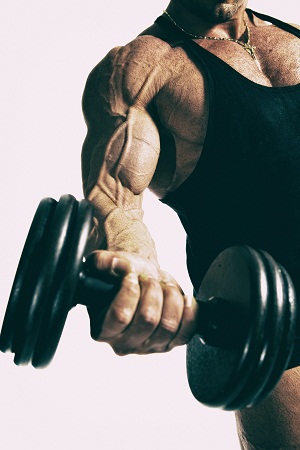
Bodybuilding foods that decrease testosterone
1 . Milk and dairy products:
Although dairy products are used by bodybuilders to supply protein, sometimes, cow milk may have some negative effects on your testosterone level. This may be partly due to feeding cows on soy or adding hormones to their diets such as estrogen, which has an antagonistic effect on testosterone.
2 . Soy:
Soy and its products contain an estrogen-like compound (female sex hormone-like) that reduces the effects of testosterone in males. It was proved by studies that athletes who consume soy proteins after their workout have some reduction in their testosterone serum levels.
A note on protein powders:
Protein powders are powdered forms of protein that come from plants (soybeans, peas, rice, potatoes, or hemp), eggs, or milk (casein or whey protein). The powders may include other ingredients such as added sugars, artificial flavoring, thickeners, vitamins, and minerals.
As mentioned above, whey protein has a positive effect while soy decreases testosterone levels. Also, sweeteners have some impact by further lowering testosterone levels.
Many high authority health sites stress knowing the exact composition of these powders before consumption. To complicate matters further, and since these are considered food supplements, they state that there is no way to know for sure that the manufacturer provides accurate data on the product’s label.



